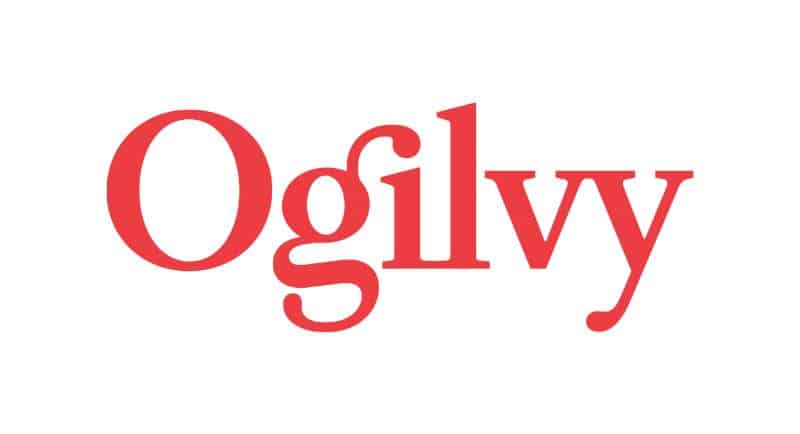Ogilvy PR’s latest Believability Index shows a clear divide in how Australians perceive the nation’s clean energy future, how its benefits are communicated, and who can be believed.
Australians identified climate experts as the most believable in relation to clean energy information (56%), followed by established climate groups (38%), and climate-related industry groups (37%).
Those surveyed favoured information supported by science (71%), with hard and proven facts (58%), which cited credible sources (52%).
Only 14% selected local community groups as one of the most believable voices, followed by local councils (10%), journalists (9%), national business leaders (8%), local business leaders (7%), social media influencers (6%), and politicians (5%).
More than one in five (22% or approximately 4.4 million Aussies) think that ‘no particular group’ is believable on this topic.
Nino Tesoriero, Ogilvy’s chief counsel and sustainability practice lead, said this was proof of a communications gap that needs to be filled by credible experts.
“The results of this year’s Believability Index clearly show that the voices of experts, backed by science, are the most believable in this important conversation,” he said.
“This presents a great opportunity to make these trusted voices more prominent in communicating clean energy issues. It’s encouraging to know that accurate information based on scientific facts still matter to most people.”
Although the majority of Australians support energy transition, nearly 9 in 10 (86%) are concerned with how renewable energy projects are communicated on the path to net zero.
With 3 in 10 Australians (30%) still sceptical about the immediate threat of climate change, Tesoriero said a more collaborative communications approach is needed.
“The results show that the renewable energy transition is vulnerable to disinformation, community concern and division unless science-backed experts step up and get louder,” he said.
“We need these experts to speak openly, honestly and regularly about energy transition and what it means for specific communities.”
See also: Fran Clayton leaves DDB Sydney for Ogilvy AUNZ CSO role
